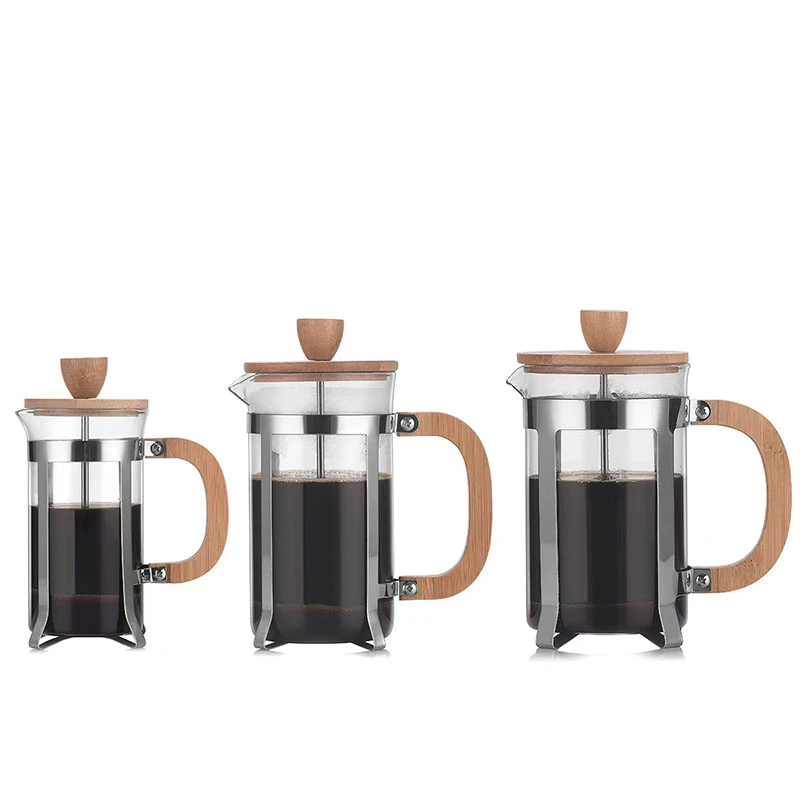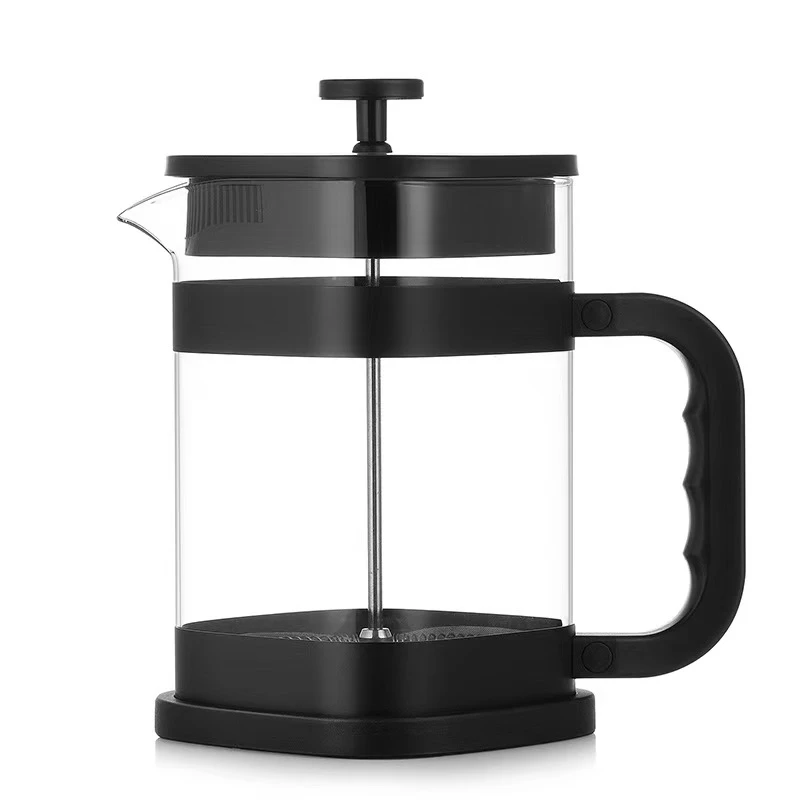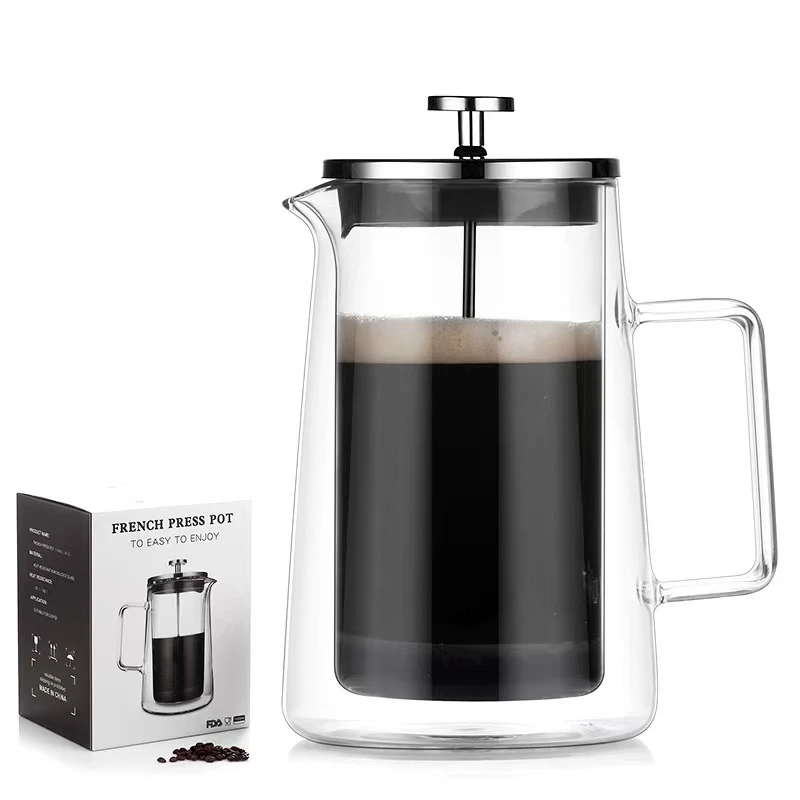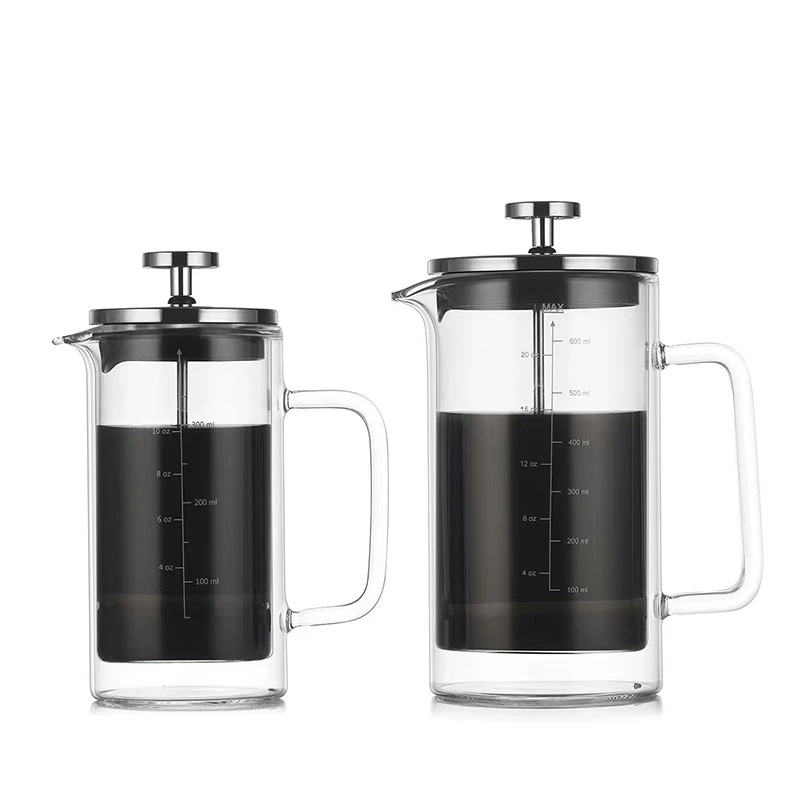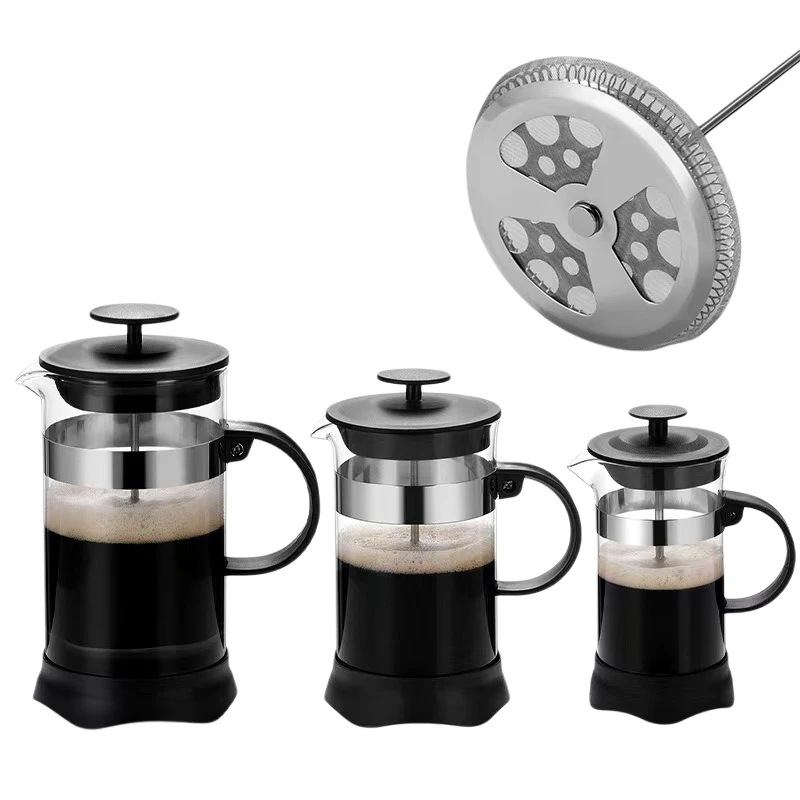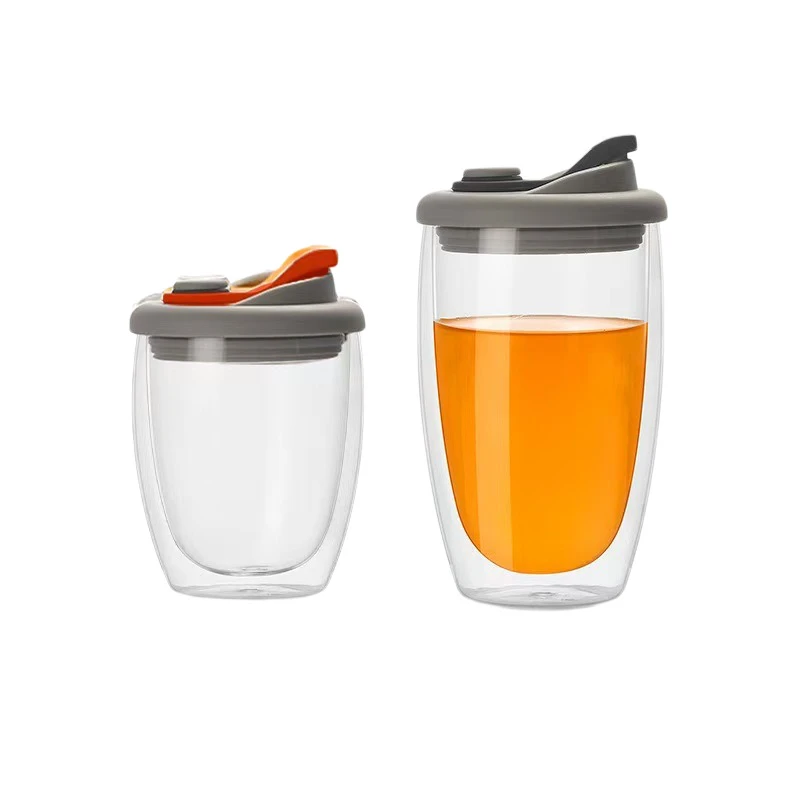 TEL: +86 311 67799298
TEL: +86 311 67799298 Email: tina@yintoglassware.com
Email: tina@yintoglassware.com
5000ml Laboratory Boiling Flask for Precision Heating and Experimentation
A boiling flask, often referred to as a boiling or boiling point flask, is an essential piece of laboratory glassware, particularly in the field of chemistry. With a commonly used capacity of 5000ml, this specific size of boiling flask is designed to accommodate larger volumes of liquids, making it ideal for various scientific experiments and processes that involve heating liquids.
.
One of the notable advantages of using a 5000ml boiling flask is its ability to handle larger-scale reactions or experiments. This is especially beneficial in synthetic chemistry, where multiple reactions may need to be carried out simultaneously, or in process development, where scaled-up reactions are often necessary. Researchers can conduct experiments that yield significant amounts of product while maintaining a manageable workspace.
boiling flask 5000ml
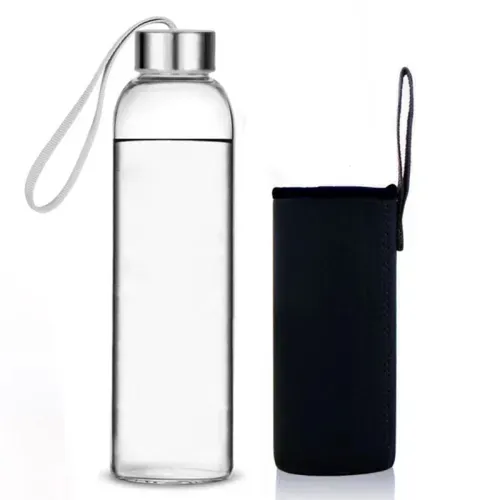
In addition to its size, the boiling flask is usually made of borosilicate glass, which has excellent thermal resistance and can withstand sudden temperature changes without breaking. This property is crucial when heating liquids to high temperatures, as it reduces the risk of accidents caused by thermal shock. Moreover, many boiling flasks come equipped with a neck that can accommodate various fittings, such as stoppers or condensers, allowing for more complex setups involving distillation or reflux processes.
When using a boiling flask, it's essential to ensure proper safety precautions are followed. Wearing appropriate personal protective equipment, such as goggles and heat-resistant gloves, is necessary to prevent injuries from splashes or accidental breakage. Additionally, using a heating mantle or a hotplate allows for controlled heating, which is safer than using an open flame.
In conclusion, the 5000ml boiling flask is an indispensable tool in a chemist's arsenal. Its design promotes effective heating and mixing of liquids while its robust material provides durability and safety in various laboratory applications. Whether for educational purposes or advanced research, this glassware plays a vital role in enabling scientists to explore the intricacies of chemistry with confidence.
-
Benefits of Vacuum Containers with Pumps for Food PreservationNewsJun.12,2025
-
Glass Food Storage Container with Lid for Seal PreservationNewsJun.12,2025
-
Styling Amber Glass Plates for Modern TablescapesNewsJun.12,2025
-
Benefits of Double Wall Coffee Cups for Heat RetentionNewsJun.12,2025
-
Colored Glass Bowls in Cultural TraditionsNewsJun.12,2025
-
Durability of Colored Glass Dinnerware Compared to CeramicNewsJun.12,2025



